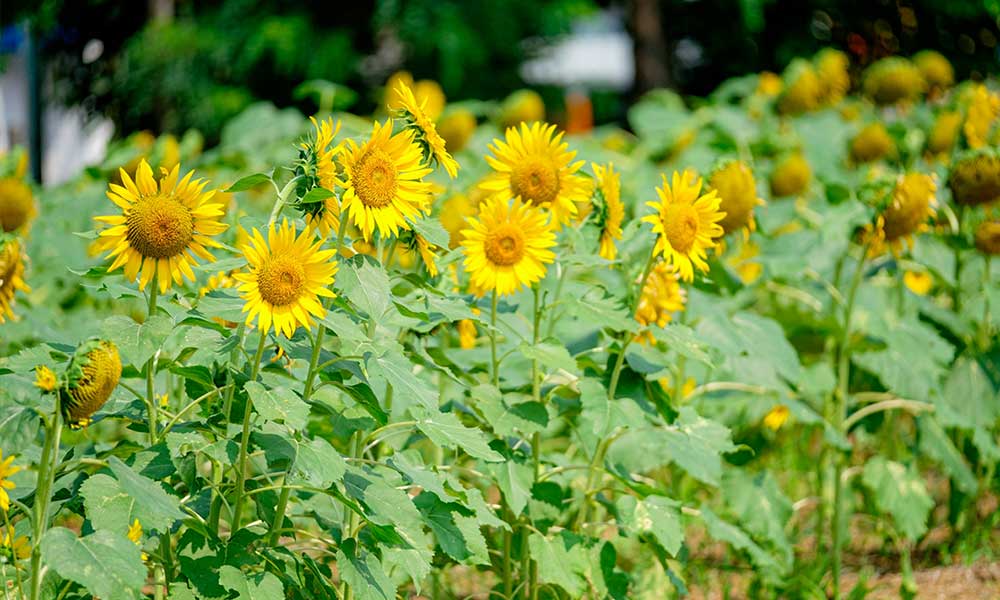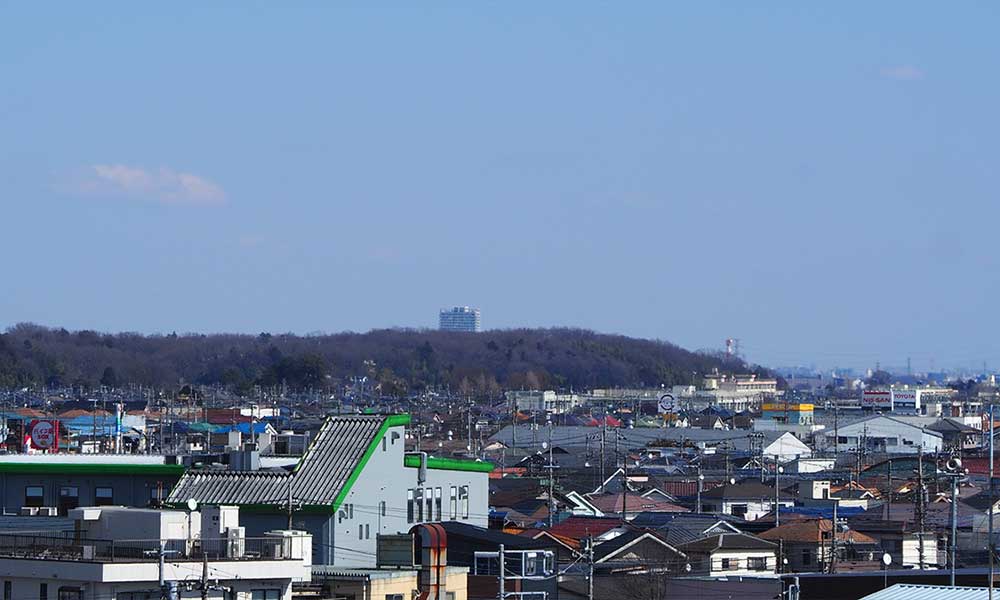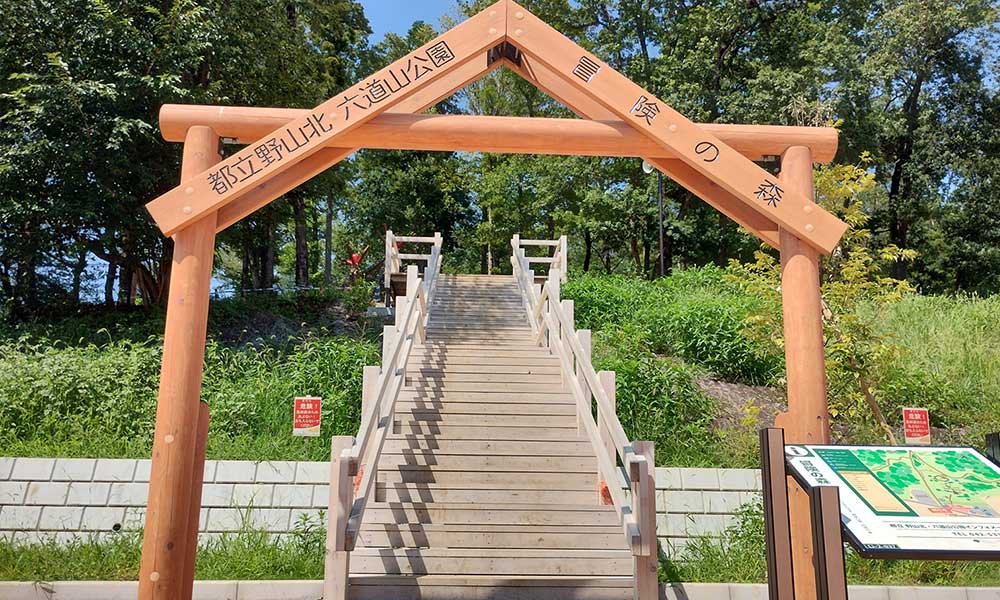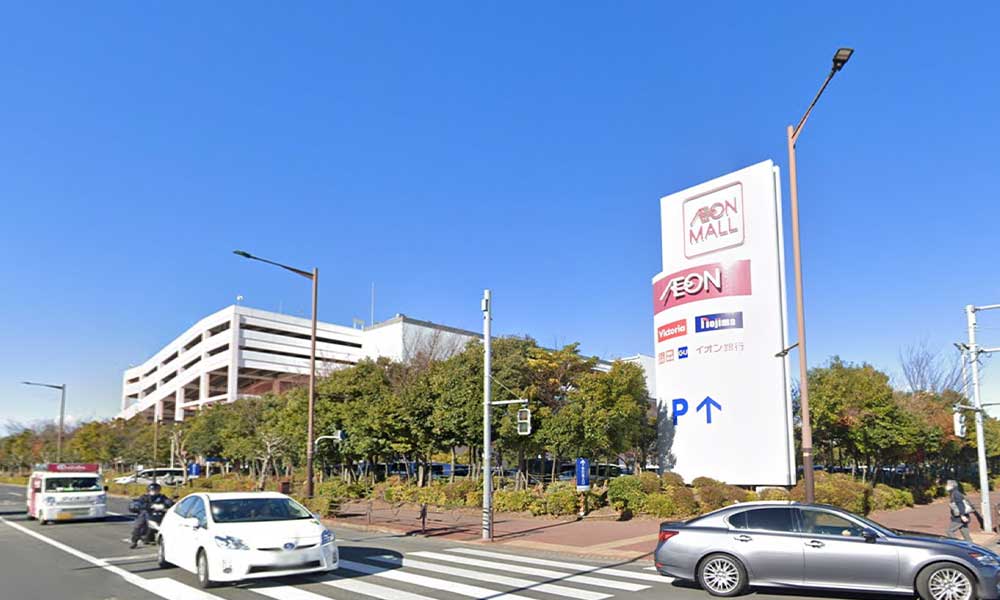Musashimurayama City, Tokyo東京都武蔵村山市
Living in Musashimurayama City, Tokyo

We have Summarized the livability of Musashimurayama City, Tokyo.
KITATAMA AREA北多摩地域
-
- TACHIKAWA CITY 立川市
-
- NISHITOKYO CITY 西東京市
-
- MUSASHINO CITY 武蔵野市
-
- HIGASHIKURUME CITY 東久留米市
-
- MITAKA CITY 三鷹市
-
- CHOUFU CITY 調布市
-
- KOMAE CITY 狛江市
-
- KIYOSE CITY 清瀬市
-
- HIGASHIMURAYAMA CITY 東村山市
-
- KODAIRA CITY 小平市
-
- KOGANEI CITY 小金井市
-
- FUCHUU CITY 府中市
-
- KOKUBUNJI CITY 国分寺市
-
- KUNITACHI CITY 国立市
-
- HIGASHIYAMATO CITY 東大和市
-
- MUSASHIMURAYAMA CITY 武蔵村山市
-
- AKISHIMA CITY 昭島市
CONTENTS
- What kind of place is Musashimurayama City, Tokyo?
- Musashimurayama CityPR video
- How is the traffic situation in Musashimurayama City?
- How are the rent and land prices in Musashimurayama City?
- How is childcare and education in Musashimurayama City?
- How about shopping in Musashimurayama City?
- How about jobs and recruitment in Musashimurayama City?
- Musashimurayama City’s unique subsidy/subsidy system
What kind of place is Musashimurayama City, Tokyo?

Musashimurayama City is a relaxing and livable city with nature and tranquility.
Musashimurayama City is located in the northwest of Tokyo and has an area of approximately 15.32 square kilometers.
It borders Tokorozawa City, Saitama Prefecture, to the north, Higashiyamato City to the east, Tachikawa City to the south, and Mizuho Town to the west.
It has a population of approximately 71,000 and approximately 32,000 households. (As of June 2023)
Musashimurayama City is a lush green area including the Sayama Hills, and the area gradually lowers from the center to the south. The southern part of the city is almost flat and is covered with residential areas and farmland. In addition, part of the U.S. Yokota Air Base is located in the west.
The city’s name comes from the fact that “Mureyama,” referring to the peaks of the Sayama Hills, gradually became “Murayama,” and that “Musashi” from the lush green Musashino Plain was taken to form “Musashimurayama City.”
The city’s history dates back to the Edo period, when it was a peaceful area with farming villages.
During the Meiji period, it repeatedly merged with surrounding villages, and in 1917, during the Taisho period, it became Murayama Village.
After surviving the wartime Showa period, the population gradually increased due to disaster victims from the city center.
In 1954, the town was incorporated as Murayama Town, and from around this time, the construction of large housing complexes began, and the population rapidly increased.
Then, in 1970, the city government was established and Musashimurayama City was born.
Currently, Musashimurayama City functions as a commuter town for the city center, and is developing as a region that combines peaceful areas with plenty of farmland and highly convenient areas with large shopping malls.
In the farmland of Musashimurayama City, orchards of mandarin oranges and pears, as well as tea fields, are thriving, taking advantage of the gradually lowering terrain. There are also many tourist farms where you can enjoy fruit picking in the seasons, and Kobayashi Farm in the Nakafuji district has about 400 trees planted in a 70-acre field, where you can enjoy mandarin orange picking from November to December, and in the fall it is a popular spot where you can also buy grapes such as Shine Muscat directly from the shop.
The town’s most famous festival is the Murayama Deedara Festival, held every October. Deedara is named after the giant legend of Deedarabochi (Otara Hoshi), which has been passed down in the city for a long time, and on the day of the festival, floats with giant motifs parade through the city. The venue also features stage events, food and drink sales booths, exhibition booths, and more, making it a lively festival that draws many visitors every year.
PR video of Musashimurayama City, Tokyo
Musashimurayama: A relaxing town where people and greenery coexist
Musashimurayama City Tourism Promotion Video “I LOVE Musashimurayama” Lifestyle Edition
Musashimurayama City Tourism Promotion Video “I LOVE Musashimurayama” Gourmet Edition
How is the traffic situation in Musashimurayama City?
Musashimurayama City is a city with good access to the city center thanks to its well-developed railway and bus services.
There are no railroads, expressways, or national roads accessible from Musashimurayama City.
It is the only municipality in the Tama region that does not have a railroad.
Seibu Bus, Toei Bus, and Tachikawa Bus are operated as route buses within Musashimurayama City.
You can also use the community bus “Musashimurayama City Circulator Bus (MM Shuttle)” that travels around the city’s major facilities.
This is a car-oriented area, with many roads being relatively wide and little traffic congestion.
There is no train station in the city and the number of local buses is infrequent, making it inconvenient.
How are the rent and land prices in Musashimurayama City?

Musashimurayama City is a quiet residential area with a pleasant location close to nature.
According to information from a real estate information website, the average rent for a newly built apartment in the city is about 65,000 yen for a 1DK and 89,000 yen for a 2LDK.
The average land price per tsubo is about 410,000 yen per tsubo.
There are no train lines in Musashimurayama City, and housing prices tend to be low, especially in the northwest area, which is far from stations in neighboring municipalities.
The overwhelming majority of housing types in Musashimurayama City are detached houses, making it an ideal area for families who want to keep land prices low and build a custom-made house.
In addition, there have been no plans to build new condominiums for several years, and the supply of used homes tends to be low.
As for rental properties, there are many properties with low rents because there is no nearby train station, but it seems necessary to consider whether it will be inconvenient for commuting to work or school.
Land prices are low in this area, making it easy to buy a detached house with a large garden.
Public transportation is not convenient, so it can be quite inconvenient if you don’t have a car or other means of transportation.
How is childcare and education in Musashimurayama City?

Musashimurayama City is a city with well-developed educational facilities, child-rearing support, and local events.
Musashimurayama City has 13 nursery schools, 4 kindergartens, 9 elementary schools, 5 junior high schools, 3 high schools, and 1 university.
The “Child Medical Expense Subsidy” subsidizes the full cost of outpatient and inpatient care for infants and toddlers under compulsory education (up to the first March 31st after reaching age 6). For children between the ages of 7 and 18 (up to March 31st after reaching age 18), the subsidy is the amount of the insured medical care fee deducted from the self-paid amount for outpatient care up to a maximum of 200 yen per visit, and prescriptions, hospitalization, and home care are fully subsidized.
Child allowances are provided in the following amounts: 15,000 yen for children under 3 years old, 10,000 yen for the first and second child aged 3 or older but not yet entering elementary school, 15,000 yen for the third child and onwards, and 10,000 yen for junior high school students.
Musashimurayama City also has a comprehensive childcare support system.
The “Childbirth and Childcare Support Project” provides support through consultations with public health nurses and other specialized staff at several times, such as when you notify us of your pregnancy and when you give birth. You can receive information about childcare and also discuss your concerns and worries.
After giving birth, staff members visit households with babies up to four months old to provide information on childcare support.
As for financial support, the system provides a childbirth support gift (worth 50,000 yen) and a childcare support gift (worth 50,000 yen) to those who have received the interview. This is a great service that can be used to purchase childbirth and childcare related items on a dedicated website.
The Postpartum Care Program is a support system for families with babies under 6 months old that provides assistance with housework and childcare when needed.
You can choose from short-term admission, day care, and home visit services, and can receive health consultations and childcare support as needed at a relatively low price.
The Birthday Support Program is a support system that distributes birthday gifts (children’s gift certificates) to families with children who have turned 1 year old. (10,000 yen for the first child, 20,000 yen for the second child, 30,000 yen for the third child)
Musashimurayama City is also home to a wide range of facilities where you can spend time playing with your children.
The “Childcare Centers” located in the corners of four nurseries in Musashimurayama City are a place where parents and children can play together, participate in events, and hold lectures on childcare.
The Children’s Cafe “Minna no Ouchi” is a fun facility where preschool children and their parents can play freely, and also holds seasonal events and classes.
The “After-School Club” is a place where elementary school children can play and learn safely under the supervision of a teacher when their parents are working and leave their children alone after school.
There are many child-rearing subsidies available, as well as large shopping malls, making it a recommended city for families with children.
There are no trains, so children will need to be picked up and dropped off to get to the city from their own neighborhood.
How about shopping in Musashimurayama City?

Musashimurayama City has a shopping district and supermarkets, making it convenient for everyday shopping.
The most representative commercial facility in Musashimurayama City is “AEON Mall Musashimurayama.” It is a super-large shopping mall with about 180 specialty stores, and was built in 2006 on a vast site that was once a Nissan factory.
Until then, there were few conspicuous commercial facilities in Musashimurayama City, with only small and medium-sized stores scattered around, so the opening of this facility has completely transformed the city into an area where shopping is easy.
With an easily accessible location even from far away and a parking lot that can accommodate about 4,000 cars, it is so crowded that there are lines of people waiting to park on holidays.
In addition, there are about eight supermarkets in the city, including Inageya.
There is a large shopping mall where you can get everything you need in one place.
There are few shopping facilities, and very few places to buy young people’s fashion.
How about jobs and recruitment in Musashimurayama City?
Musashimurayama City: A city with a wide variety of job opportunities and convenient access to the city center
The average annual salary in Musashimurayama is 3.26 million yen.
Since the 1960s, Musashimurayama has been home to many Nissan Motor Co., Ltd. factories, and was a bustling corporate town. However, it closed in 2004, and the area’s mainstay car-related industry declined. Since then, the area has become home to a concentration of food manufacturing factories.
In addition, the city center is home to the mega-shopping mall AEON Mall Musashimurayama, which has a certain number of job openings for sales, customer service, and food and beverage.
You can work in a quiet environment.
There are no train stations, so commuting options are limited. There also tends to be fewer job openings than in urban areas.
Musashimurayama City, Tokyo’s unique subsidy/subsidy system
Musashimurayama City, Tokyo’s unique housing assistance and subsidy system
| Subsidies for earthquake-proofing wooden houses Musashimurayama City Barrier-Free Housing Subsidy Subsidy for promoting the spread of zero-carbon city housing |
Musashimurayama City, Tokyo’s unique childcare support system
Musashimurayama City, Tokyo’s unique system for further education and tuition assistance/subsidies
| School support New admission preparation fee (schooling support fee) Special Needs Education Enrolment Incentive Subsidy Scholarship Fund Loan Program to Support Exam Takers |


















